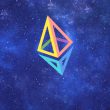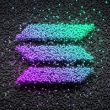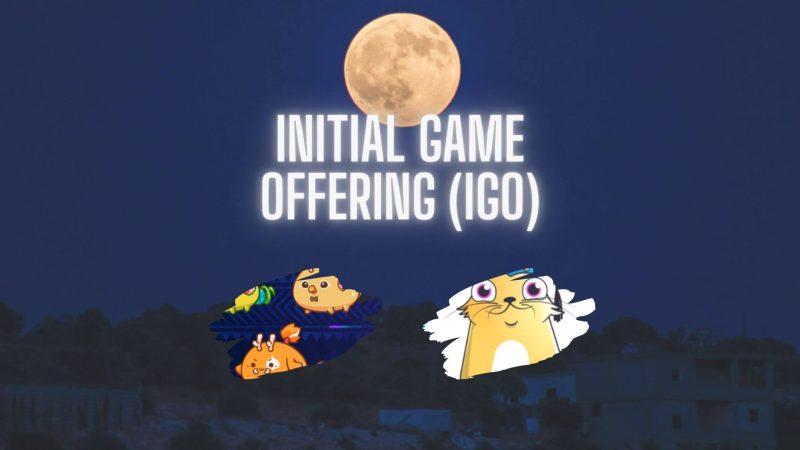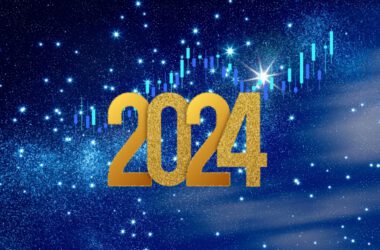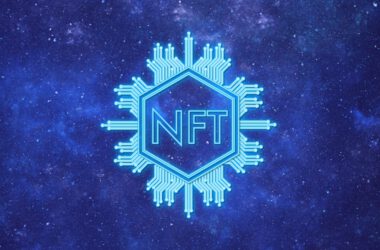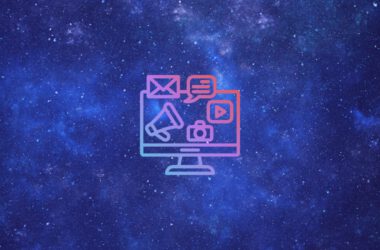An Initial Game Offering (IGO) is a fundraising trend that first appeared in 2021 with the goal of boosting the development of blockchain-based games. The IGO is a cross between a fundraiser, investment opportunity, community building and game project bootstrapping. It is also an opportunity to become an early buyer, acquiring potentially valuable tokens and in-game items.
A cryptocurrency IGO is a bit different from the usual game pre-sale and crowdfunding that raises a preset pool of fiat currency. Instead of a simple fundraiser, an IGO also gives a stake into the new project, as well as a potential reward system.
How an IGO is Different from an ICO?
In cryptocurrency investment, fundraisers are nothing new. Because crypto projects were not regulated, their funding did not happen through a stock float, as a company would perform in an Initial Public Offering (IPO).
ICOs, or Initial Coin Offerings gave rise to some of the most prominent crypto projects, including Ethereum. After a wild selling spree in 2017 and 2018, the market sobered up and realized not all of the projects were feasible. But the crowdfunding model was already a staple of crypto space.
Is an IGO the Same as Minting New NFTs?
An IGO usually has a fixed investment and a fixed return. It is a way to support an up and coming, promising new gaming project.
An airdrop, on the other hand, can hold surprising fees, especially if performed on the Ethereum network. An NFT airdrop is usually a distribution tool for collections, while an IGO is specifically tied to a play to earn game and promises a wider environment of gameplay and potential earnings.
An IGO requires an active wallet and a minimum sum to participate. It is one of the more transparent, hand-picked options of joining NFT games and play to earn platforms as an early bird. IGOs have an advantage of serving real investors, while airdrops may be inaccessible due to competition from bots. IGOs will usually whitelist wallet addresses and give advantage to potential players instead of speculative bots.
How the ICO Model Evolved
What followed was the Initial Exchange Offering model, where centralized market operators hand-picked tokens and sold them on a fair and transparent platform. IEOs avoided the worst risk of investing in a scam.
Very soon it became clear the centralized exchanges could not fit all projects willing to raise funds. Smaller projects had to resort to Initial DEX Offering (IDO), where the token would be listed on a decentralized exchange.
The rise of IDOs also got a significant boost in 2021, after algorithmic trading was tried and tested. The presence of decentralized exchanges meant any project could pool resources, generate an algorithmic pair and achieve fair valuation and liquidity for its token.
Incentive to HODL
As with all crypto assets, returns may not come immediately. For that reason, token sellers soon realized they had to offer some incentive for the early buyers not to rush for a fire-sale once the token started trading.
This was achieved by various tools, including a smart contract that only released the tokens after years of forced “hodling”. Other projects incentivized buyers with staking rewards, doing anything possible to convert them to loyal supporters and not just speculative token flippers.
The model spilled over into IGOs, where supposedly the early buyers would be rooting for the game to succeed and build a digital venue and a higher value for their tokens and items.
An IGO Opens a New World of Tokens
With the expansion of NFTs and the creation of the first play to earn games, the Initial Game Offering may include many elements after the initial purchase.
Just like all other forms of token sales, an IGO can first sell a fungible token, a simple asset that can be transacted and traded, listed on exchanges or held for staking. But an IGO can also include a whole package of items. For instance, one of the ways to support early game development was to buy a digital land plot, as in the case of The Sandbox game. Early plot buyers are then eligible to participate in future sales and additional SAND token rewards.
For instance, an IGO token may be the only way to buy digital land plots, which will go up in value once the game launches.
Another popular tool to pique curiosity is the Mystery Box, a package of NFT collectibles or in-game items with a random level of rarity or value.
Where to Find IGOs
IGOs are arriving almost every day, and it is difficult to encompass all new projects and sales. Multiple projects are pivoting from simple NFT collections to game building. The best approach is to look at existing launchpads, or projects that become hubs for new game creation.
The most prominent one is Binance Launchpad, which uses the expertise and analysis of Binance, Inc. experts. But there are many other networks that have a dedicated launchpad. It is best to stick to the more prominent projects to avoid scams or games that fail to take off.
Launchpads are a growing list, but here are some of the hottest projects for 2021
- GameFi Launchpad
- Chair Finance based on Polygon
- Seedify, the GameFi incubator on Elrond Network
- Binance Launchpad IGO
Raydium on Solana may also start to offer IGOs, as well as EnjinStarter, built on the Enjin Coin protocol. The list of launchpads is growing, with projects pivoting from other forms of crowd sales. A fuller list of launchpad tokens is available on CoinGecko.
Be aware that the IGO trend took off as late as November 2021, and there may be launchpad tokens with low liquidity or offering low-quality projects. Buying tokens, digital land or digital goods does not guarantee the launch of an actual game, or its eventual success. However, those incubators may turn up the next crop of successful blockchain gaming applications.
Getting Whitelisted for an IGO
Getting whitelisted is one of the elements for fairer token distribution for an IGO. Whitelisting varies from project to project. Most generally, it involves a wallet public address and a valid email, to avoid bot participation and front-running.
Some projects may require further verification with personal ID required. Others limit participation to previous token or NFT ownership.
Since whitelisting may expose sensitive information, always make sure to follow the official social media of launchpads or IGO sales. A project will never ask for the private key or seed phrase to your wallet. Avoid scams by never answering attempts for a messenger connection for a private whitelisting process, always use the official whitelisting page.


